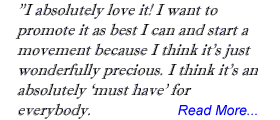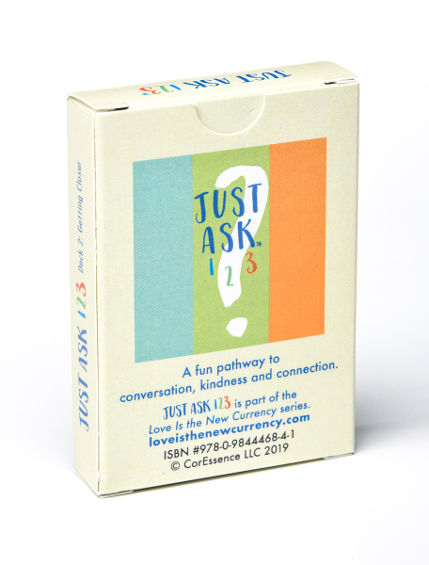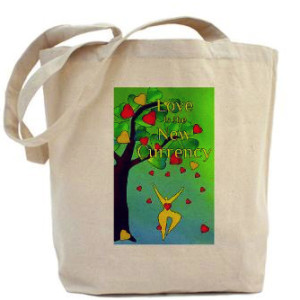Success is not the key to happiness. Happiness is the key to success.
If you love what you are doing, you will be successful.
-Albert Schweitzer
If you knew that your happiness could positively affect not only your friends and those around you, but their friends … and even friends of friends … would you not want to be contagious for a good cause?
In December 2008, the findings of a happiness study conducted by Harvard Medical School’s Professor Christakis, and James Fowler of the University of California in San Diego, stated that when individuals are happy it triggers a chain reaction that can affect others up to three degrees, and last for up to a year. Their study of 5000 individuals over 20 years revealed that “happiness spreads through social networks like an emotional contagion.” Fowler commented: “Having $5000 extra increased a person’s chances of being happy by about 2%,” but he went on to say that someone that you don’t even know [ie. a friend of a friend] “could have a greater influence [on your happiness] than hundreds of dollars in your pocket.”
In the Himalayan country of Bhutan, with its predominantly Buddhist culture, the focus of its public policies is the GNH – Gross National Happiness quotient. King Jigme Singye Wangchuk, who coined the term in 1972, believed “Gross National Happiness is more important than Gross National Product.” It was later supported by his son, who took over the throne in 2006. The Fifth King of Bhutan states: “Our most important goal is the peace and happiness of our people.”
Gail Gordon, a friend of mine who recently visited Bhutan, says, “I felt as though I were experiencing a true life Camelot.” She found the residents, most of them living off the land, to be friendly and happy. She would often see signs on cars that read, “I love my king.” Gail says, “There is no crime in Bhutan where citizens have a respect for nature, the cycle of life, and their fellow man.”
According to Wikepedia, this Buddhist culture considers the key components of happiness to be: “physical, mental and spiritual health, time-balance, community and cultural vitality, education, living standards, good governance and ecological vitality.”
Surveys of a segment of the population are done twice yearly to ensure that these values are afforded Bhutan’s 600,000 citizens.
In contrast, in the United States, the pursuit of happiness is stated as one of our inalienable rights in the Declaration of Independence, yet I can’t remember the last time that it was an expressed consideration in developing our government policies. We might ask: how can we as individuals, and as a nation, incorporate happiness as a key measure of our wealth and welfare? Perhaps when elected officials can put aside their individual differences and political agendas to support the well-being of its citizens, the pursuit of happiness will feel like a more attainable goal.
I spoke about this concept with David Rubin, a successful Sarasota businessman, who brings that philosophy to his company, where he talks to his employees, asking if they are taking the time to pursue what brings them joy, whether it’s tennis, painting, or being with their family… and then he suggests that it be part of their job description. His reasoning is simple: “If we don’t take the time to do the things we love and be with the people we love, what are we living for?”
David also shares, “Whenever I play golf, I consider the winner of the game to be the one who has the most fun.”
“Using happiness as our yardstick, how are we enjoying and winning at the game of life?”
Excerpt from the book Love Is the New Currency by Linda Commito











Speak Your Mind